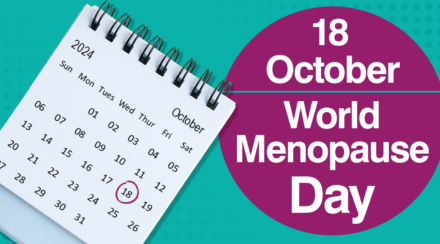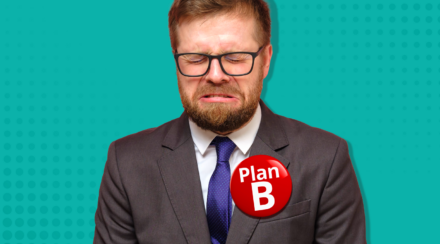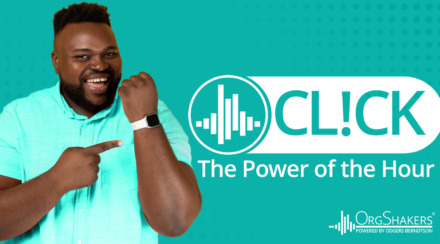Menu
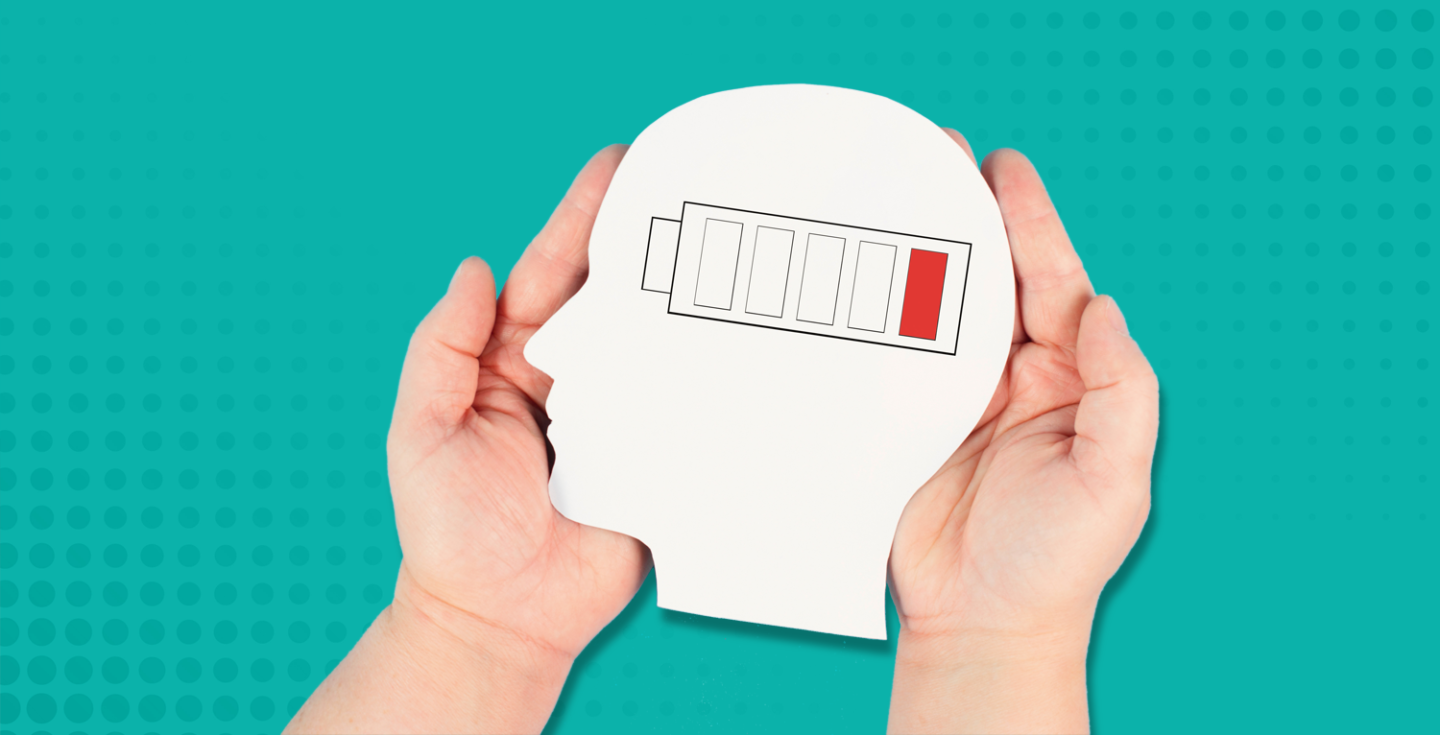
Who is HR for HR?
The HR is focused on managing every aspect of an organization’s ‘human’ capital.
As the importance of this historically under-optimized resource has been realized, however, we have seen the role of HR grow exponentially, especially as the scope of diversity, equity, and inclusion continues to expand alongside the almost perpetual introduction of new and emerging technologies.
It’s no surprise, therefore, that a fifth (22%) of HR directors are feeling ‘very stressed’, and almost three in ten (28%) feel there are too many demands on their time. The survey by Barnett Waddingham went on to reveal that 17% were unable to keep up with the pace of change at work.
And this raises an age-old question for HR professionals: when we start to burn out, who is our HR?
The answer can differ depending on what type of HR professional you actually are.
For those in-house corporate HR leaders, there are likely going to be internal support networks at the company they work for which they will have access to. Just as they will assist in implementing strategies to help reduce burnout amongst employees, these same strategies can be used to help alleviate their own stresses. Additionally, those that are members of the CIPD have access to a 24/7 helpline for any support they need (and for those HR professionals over in the US, SHMR members are offered a similar service!).
What can also be extremely helpful for those working in corporate HR is the recalibration of their role expectations. The world of HR is always expanding, and so as new considerations begin to come under HR’s scope of operation, it is important for these professionals to re-evaluate their job role with their employer and determine whether the increased workload needs to be distributed differently.
However, managing burnout when you are an independent HR consultant can be slightly trickier.
HR consultancy continues to gain popularity as a way of working for HR professionals (76% of organizations currently outsource one or more major HR function) which is why I founded the Leap Into HR Consulting programmes back in 2019 …to help senior HR professionals make that transition from corporate to consulting life (much like I did!).
A key part of the support we offer is understanding what you can do to alleviate stress and ward off those feelings of burnout that can come creeping in.
For one thing, being a consultant can often be perceived to be isolating. You do not have a team of head office functions behind you – so everything falls to you.
Juggling these many roles can be overwhelming, and what I have found to be truly effective in mitigating this sense of isolation is joining a community of consultants (either online or in person).
Having a sense of kinship can do wonders for your mental health, and it is so important to upkeep this when working in a consulting position.
Which leads me nicely onto my next point – you need to be in tune with yourself.
Understanding your needs and what makes you feel happy, healthy, and stimulated are going to be imperative tools for when you do feel a sense of burnout incoming. Be honest with your capabilities and set appropriate boundaries around your work to ensure that a work-life balance is being maintained that prioritizes your health and mental wellbeing. And considering that independent consultants have the additional worry of client retention and their own financial wellbeing on top of the burgeoning responsibilities that now fall to HR, it is imperative to have a wellbeing strategy in place for yourself.
If you would like to discuss HR wellbeing in greater detail and what services myself and OrgShakers can offer you, please get in touch with us.
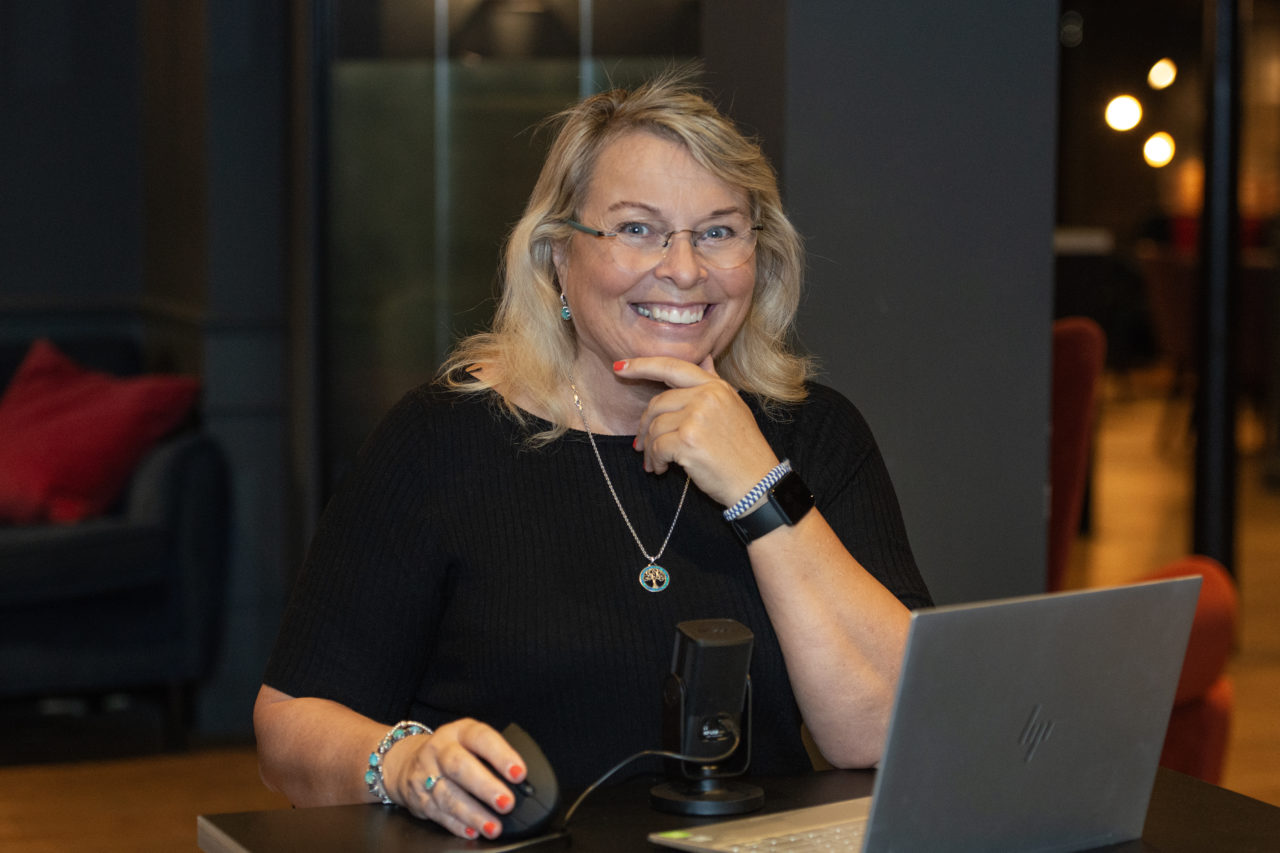
Sarah Hamilton-Gill FCIPD
Managing Director
Globus HR Consulting Ltd
sarahhg@globushrconsulting.co.uk
Sarah-Hamilton Gill is the Founder and Managing Director of Globus HR Consulting Ltd. With over 29 years of experience in HR consulting, Sarah is widely regarded as an expert in the field of coaching HR professionals who are taking the leap into the HR Consulting world.

